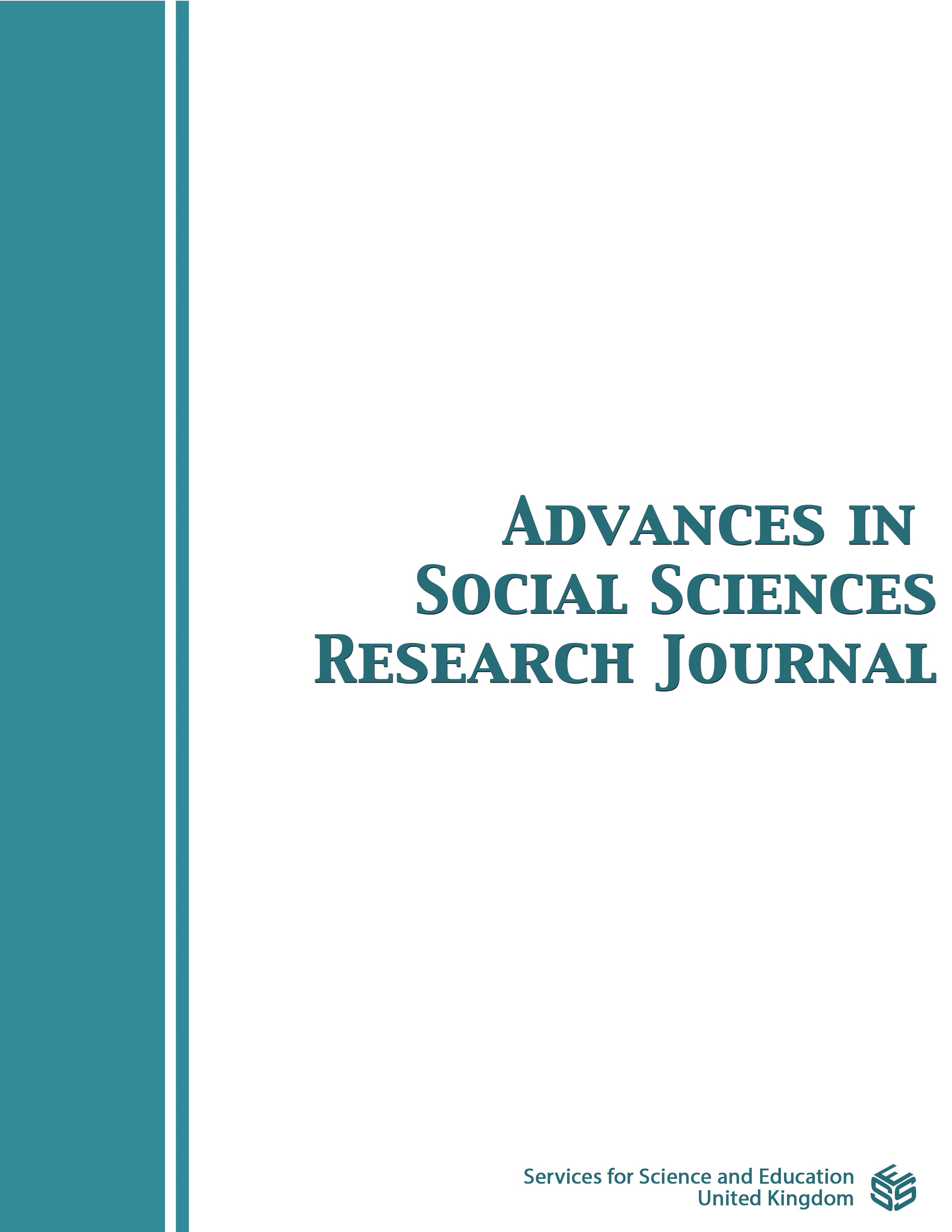The Mediating Effect of Job Burnout on the Relationship Between Workplace Bullying and Job Satisfaction
DOI:
https://doi.org/10.14738/assrj.105.14653Keywords:
Leadership-related bullying, colleague-related bullying, job burnout, job satisfaction, teachersAbstract
Workplace bullying can have severe negative consequences on individuals' physical and mental health, as well as their job satisfaction and performance. By understanding the causes and consequences of workplace bullying, organizations can develop effective prevention and intervention strategies to create a healthier and more positive work environment. This study investigated the impact of workplace bullying on job burnout and job satisfaction, as well as the mediating effect of job burnout on the relationship between workplace bullying and job satisfaction. The study was conducted using a sample of 72 employees from one organization in Mongolia. Data was collected through a self-administered survey questionnaire and analyzed using the Partial Least Squares (PLS) method. In this study, we utilized the Negative Acts Questionnaire (NAQ-R) developed by Einarsen, Hoel, and Notelaers (2009) to measure workplace stress, the Maslach Burnout Inventory-Human Services Survey (MBI-HSS) developed by Maslach and Jackson (1981) to measure burnout, and the job satisfaction questionnaire developed by MacDonald and Maclntyre (1997) to measure job satisfaction. The results revealed a positive correlation between workplace bullying and job burnout, indicating that an increase in the levels of bullying is associated with an increase in job burnout. Additionally, both types of bullying (leadership-related and colleague-related) were found to have a negative effect on job satisfaction. Job burnout was also found to have a negative correlation with job satisfaction, meaning that as job burnout increases, job satisfaction tends to decrease. Furthermore, the study found that job burnout fully mediates the relationship between workplace bullying (both leadership-related and colleague-related) and job satisfaction. This suggests that job burnout plays an important role in shaping the relationship between workplace bullying and job satisfaction.
Downloads
Published
How to Cite
Issue
Section
License
Copyright (c) 2023 Altanchimeg Zanabazar, Sarantuya Jigjiddorj, Bolorsaikhan Togtokhbayar, Ariunaa Jambaldorj

This work is licensed under a Creative Commons Attribution 4.0 International License.
Authors wishing to include figures, tables, or text passages that have already been published elsewhere are required to obtain permission from the copyright owner(s) for both the print and online format and to include evidence that such permission has been granted when submitting their papers. Any material received without such evidence will be assumed to originate from the authors.






